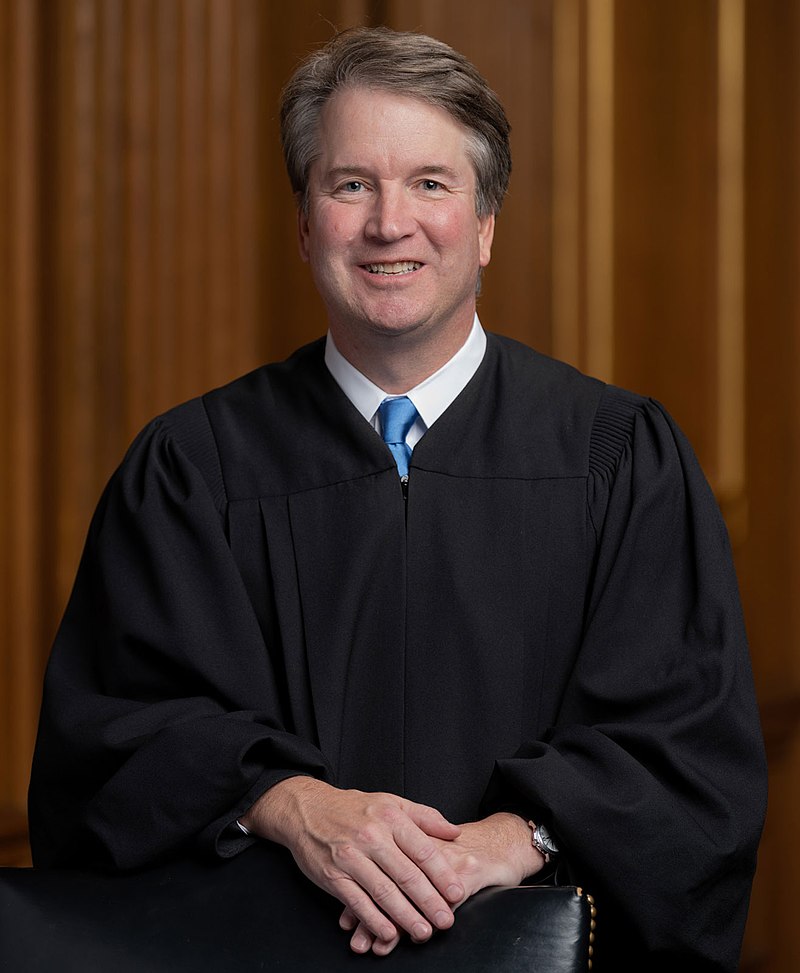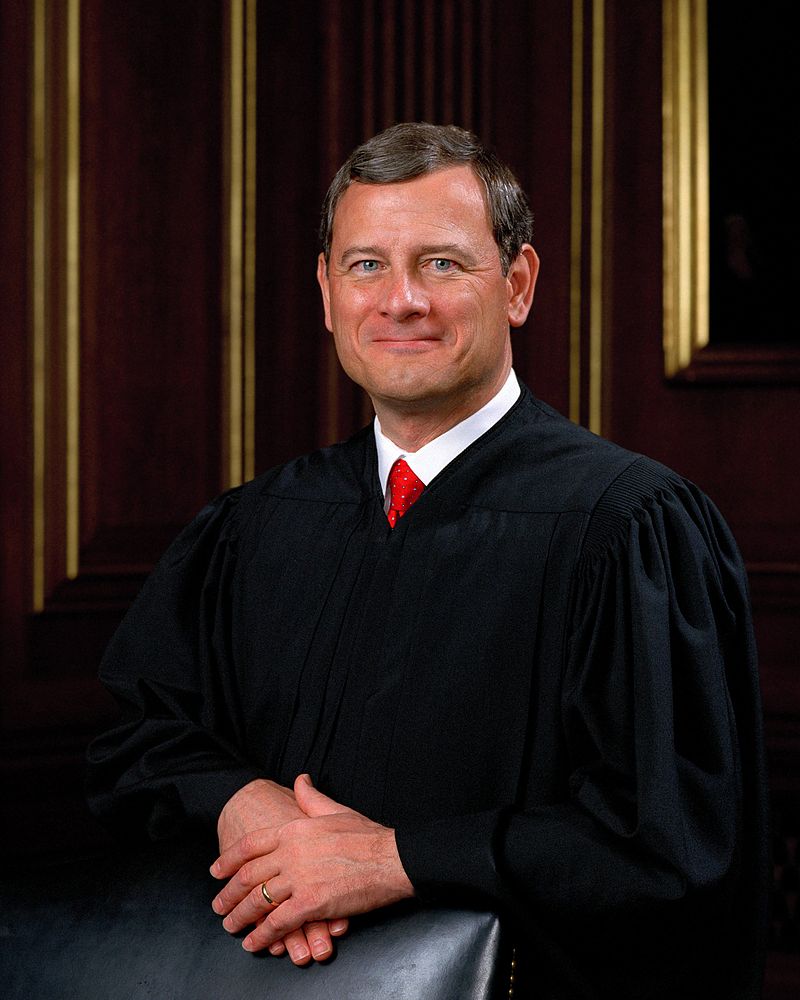The Supreme Courted handed down several precedent-shattering rulings on everything from environmental protections to abortion access. One ruling was directed against New York: New York State Rifle & Pistol Association, Inc., et al. v. Bruen, which declared the Sullivan Act of 1911 unconstitutional.
In the 6-3 decision, which was decided on ideological lines, Bruen sought to resolve the open ends of a previous high court decision, District of Columbia v. Hellner, which held that an individual had the right to possess guns inside their home but did not specify whether or not the right extended beyond the home. Bruen held that a 1911 gun law was, in fact, unconstitutional as “New York’s proper-cause requirement violates the Fourteenth Amendment by preventing law-abiding citizens with ordinary self-defense needs from exercising their Second Amendment right to keep and bear arms in public for self-defense.”
With this decision, it is now the opinion of the Supreme Court that the Second and Fourteenth Amendments protect the right to bear arms outside of the home.
Reactions from state lawmakers in the majority were swift.
“A week ago, the Supreme Court issued a reckless decision removing century-old limitations on who is allowed to carry concealed weapons in our state — senselessly sending us backward and putting the safety of our residents in jeopardy,” Governor Hochul said. “Today, we are taking swift and bold action to protect New Yorkers. After a close review of the NYSRPA vs. Bruen decision and extensive discussions with constitutional and policy experts, advocates, and legislative partners, I am proud to sign this landmark legislative package that will strengthen our gun laws and bolster restrictions on concealed carry weapons.”
Hochul’s statement is broadly consistent with the dissenting opinion of Justice Stephen Breyer, who believes the decision will largely eliminate the ability of states to handle gun violence.
The legislation (S.51001/A.41001) was passed over a two-day period in an emergency session of the legislature, restricts the carrying of concealed weapons in a list of sensitive locations, institutes a default of no concealed carry on private property and businesses unless deemed permissible by property owners, establishes new eligibility requirements and expands disqualifying criteria for those seeking concealed carry permits, enhances safe storage requirements, extends provisions to vehicles, requires backgrounds checks for all ammunition purchases, amends body armor purchase ban to include hard body armor used by the suspect in the Buffalo shooting.
The scope and reach of the legislation, as well as the haste of its passage, drew strong condemnation from GOP members of the state’s senate and assembly, some of whom previously saw the high court’s decision as a victory – a victory short-lived. “Due to the importance of ensuring that any changes are done without impacting the ability of our residents to exercise their Second Amendment rights, gun safety laws must never be used to score political points and must be done in a careful manner, with real input from law enforcement officials, district attorneys and legal gun owners,” Senator Mario Mattera (R-St. James) said. “Today, that did not happen – there was no dialogue, just like the bail reform fiasco – and that is why I voted no. While I have voted for common-sense gun laws aimed at keeping weapons out of the hands of those who will use them illegally, I am opposed to making it more difficult for our lawful and law-abiding gun owners. These men and women are not the problems, and New York State must stop unfairly impeding them from exercising their constitutional rights.”
Assemblyman Joe DeStefano (R-Medford) echoed these concerns about the law passed at “2 a.m.” on the behest of the governor, “completely ignoring the legislative process.”
With the list of “sensitive locations” including public parks, Congresswoman Elise Stefanik (R-Glens Falls) stated that this law made felons out of much of ‘north country’ that reside within state parks, such as the 137,000 year-round residents and 200,000 seasonal residents of Adirondack State Park.
With the stringent law in place, some speculate that it could lead to another litigious showdown down the road, but for now, the law is likely to remain for the foreseeable future.

More High Court Decisions Chevron Deference Survives
Another highly anticipated court decision was West Virginia v. EPA. The decision severely hampered the EPA’s ability to regulate greenhouse gas emissions from electric power and other sectors. The 6-3 decision poses a grave legal challenge to any regulatory interpretation that poses a “major question” of economic or political importance outside of legislative intent.
The Supreme Court pushed much of the burden for such regulation on Congress, which in its polarized condition looks impassable. The decision did leave the doctrine of Chevron deference entirely intact; however, this may change with future court cases. Chevron deference is a legal doctrine upheld by the high court that permits vague statutes to be broadly interpreted by the appropriate federal authority.
With West Virginia vs. EPA, it is expected that many other federal agencies may face cases over the major questions doctrine. The political results could be disastrous for a Biden Administration largely left to its own devices to advance its agenda.
Practically, the effect on the energy sector is limited as decarbonization is happening at a faster rate than what was proposed under the overruled plan. The economics of energy are now squarely favoring renewable sources of energy.

Native American Rights
In a 5-4 ruling, the court sided with Oklahoma in its bid to expand its ability to prosecute crimes traditionally handled by the federal government. The ruling follows a previous court opinion (McGirt v. Oklahoma) in 2020, which held that much of eastern Oklahoma is a Cherokee Reservation.
Justice Neil Gorsuch wrote a scathing dissent that accused the majority of an “Embarrassing new entry into the anti-canon of Indian law.” While Oklahoma’s Attorney General John O’Connor welcomed the decision for vindicating his “years-long effort” to reestablish jurisdiction over much of the state and “protect all Oklahomans… from the lawlessness produced by the McGirt decision.’ Justice Brett Kavanaugh argues that the decision will better protect native residents since federal authorities frequently hand down lighter sentences for non-Natives that commit crimes on tribal land.
Gorsuch retorts in his opinion that the sentencing discrepancy was merely the result of federal prosecutors adjusting to their new roles.
Native activists are also concerned that emboldened state authorities will no longer defer to tribal authorities, hampering many of the restorative justice outlets available in Native jurisdictions.
Conservative Victories Dominate Headlines but 5-4 Decisions Still Turnout Unexpected Results
The conservative wing of the Supreme Court has reached many consequential decisions on everything ranging from religion in the public sphere to abortion, regulatory authority, the Second Amendment, and criminal law. However, less discussed are the many 5-4 decisions that have had a tremendous impact and yielded some ‘liberal’ results. One such case is Biden v. Texas, which allowed the Biden administration to rescind the Migrant Protection Protocols implemented under the Trump Administration. The decision relied in part on executive power being hampered by the lower court rulings.
Torres v. Texas Department of Public Safety, which involved a Veteran’s ability to sue a state for federal violations; Biden v. Missouri, which permitted a Biden vaccine mandate to go into effect; as well as Ysleta del Sur Pueblo v. Texas, which settled a long-standing dispute over Texas’ ability to govern Native gambling activities of two tribes with unique relationships to the state are just some of the 5-4 decisions of 2022.
In these 5-4 decisions, listed and unlisted, various conservative justices, for an abundance of reasons, went against the conservative political position in favor of the given outcome.
Also evident in these decisions is the true fulcrum of the court. While some expected that we were now in the age of the ‘Thomas court,’ under the de facto leadership of Clarence Thomas as one of the most vocally conservative members, it looks as though Chief Justice John Roberts and Justice Brett Kavanaugh enjoy the most sway when it comes to directing 5-4 outcomes.







